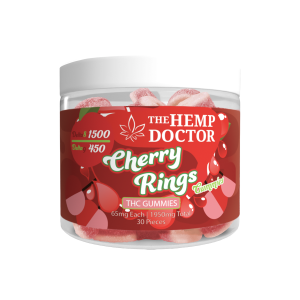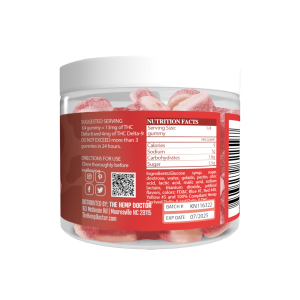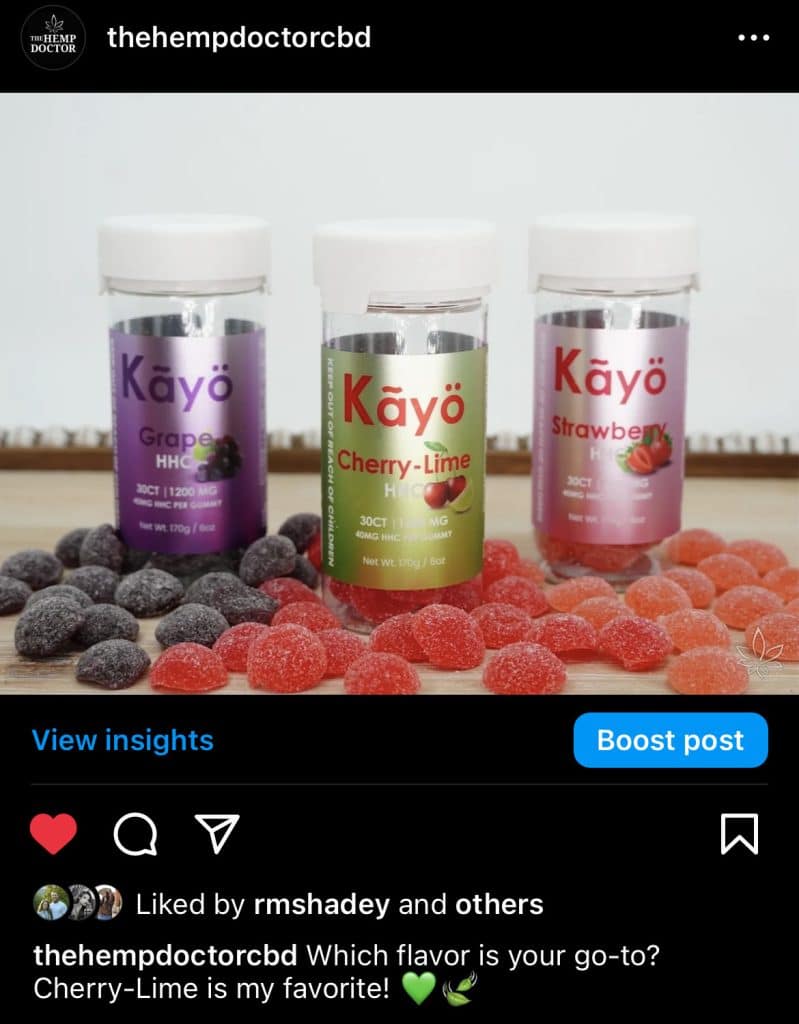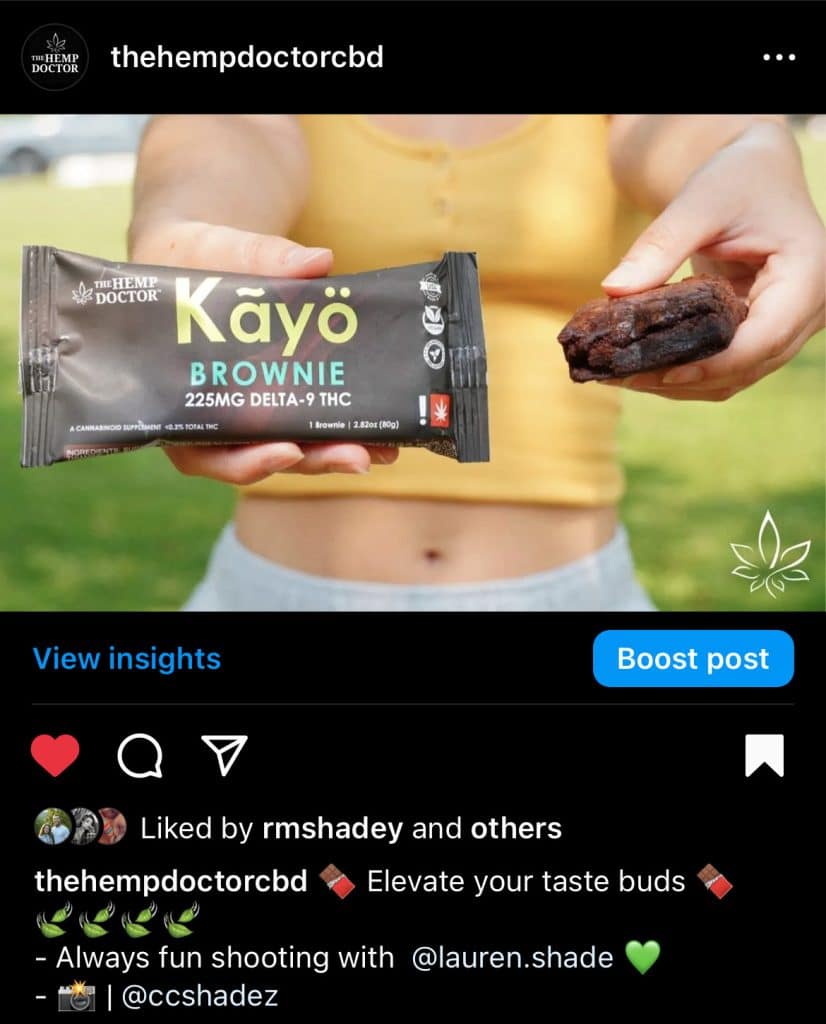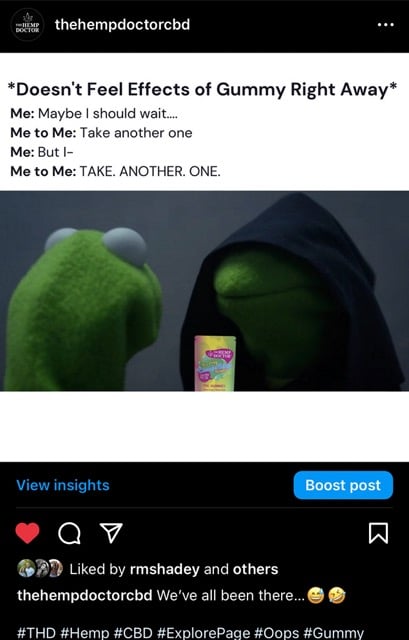Is Hemp Illegal in the US?
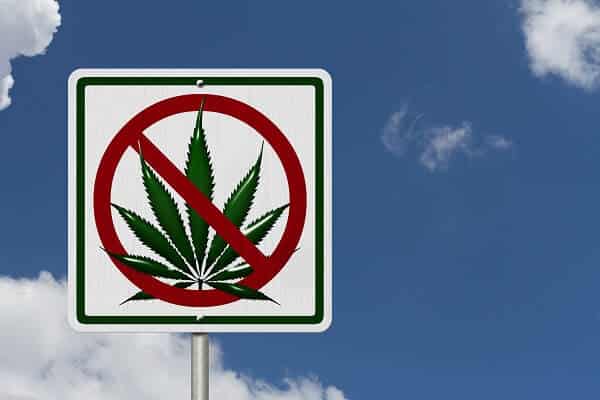
While hemp is certainly a subject that we love to talk about, we aren’t so keen on some of the most common misunderstandings about hemp.
For starters, hemp is defined as any variety of cannabis which contains very low levels of THC. This means that hemp is not marijuana, though it is part of the same plant family: Cannabaceae. To be classified as hemp in the US, it must contain no more than 0.3 percent THC, the chemical associated with the “high” provided by marijuana.
And, though marijuana remains illegal in many states and at the federal level, the same cannot be said about hemp.
Is Hemp Illegal in the US? In a Word: No.
But, as with many other political questions facing our great nation, it’s more complicated than a simple “no.” Here, we’ll set the record straight regarding hemp’s history, its legality, and some of the benefits you may enjoy while using it.
Federal Legislation
As we’ve mentioned, 1937’s Tax Act imposed crippling taxes on hemp production, making it altogether much less popular to grow. Then, in 1970, the Controlled Substances Act began to recognize hemp (alongside marijuana and other “cannabinoids”) as a Schedule 1 drug due to its association with marijuana. This effectively led hemp to be regarded similarly as substances like heroin and other powerful narcotics. Following 1970, hemp was not able to be legally growth on American soil. Starting in 1998, however, businesses were able to legally import hemp internationally.
Then, on December 20, 2018, President Trump signed into law The Agriculture Improvement Act of 2018 (or, more commonly, the 2018 Farm Bill), which has legalized hemp and its growth, transportation, sale, and usage at the federal level.
While the ball is now in the states’ courts on how exactly to proceed with further hemp cultivation and regulation legislation, the fact that federal legislation has legalized hemp means big news for its advocates around the nation.
State Legislation
For now, states are in a bit of limbo since the signing of the 2018 Farm Act, though some 38 states and counting are said to have some legislation in place regarding industrial hemp. In general, though, U.S. Department of Agriculture (USDA) has announced that states cannot prohibit interstate transportation of hemp, which could mean better development of hemp on the horizon.
Concerning cannabis, there are three classifications that states can give to its production, distribution, and possession: decriminalization, legalization of medical cannabis, and legalization of nonmedical cannabis (i.e., “recreational”). Currently, there are 10 states and the District of Columbia that have fully legalized nonmedical cannabis use. Many others have legalized medical marijuana, though some states’ laws are broader than others. Still, some states have no existing decriminalization or legalization legislation in place, though state ballots have begun to increasingly feature this issue.
How exactly do state cannabis laws affect state hemp laws? Since history has shown us that cannabis and hemp tend to be grouped together, how some states react to the question of cannabis legislation may give us some indication of how hemp cultivation and usage will also be treated in the future.
A Brief History of Hemp
While it may be hard to imagine these days – given the negative connotations so often associated with hemp and cannabis – at one point in American history, hemp served as a staple product in its young, budding economy. In fact, throughout the first generations of American settlement until the early-20th century, growing hemp was required of the population to service industrial booms for products like rope, cloth, and oil.
The turn of the 20th century and President Franklin Roosevelt’s Marijuana Tax Act of 1937 reversed the course of hemp production nationwide. This Act, along with other negative discourse toward all plants falling under the cannabis family, suddenly made it incredibly expensive to grow marijuana as well as all other associated plants. Though hemp had once been a supply pillar for industrial growth, hemp production nearly vanished overnight.
Even though we’re starting to see hemp production make a comeback, its inaccurate associations with marijuana have left a lasting scar that still impacts its growth and general usage to some extent.
Hemp in Its Various Forms Today
While hemp may not be used for certain products at the same frequency as it was in the past, it’s a very versatile product. Most commonly found in the form of oil and seeds, hemp products continue to build a strong reputation thanks to their nutritional properties, including high levels of protein, high unsaturated fatty acids, vitamins, minerals, fiber, and more.
Hemp fiber can be used for many different products, and hemp oil can even be used as a component of biofuel.
Interested in Learning More About Hemp?
If you’re interested in learning more about what hemp is, how it enhances products, and its many uses, look no further than The Hemp Doctor.
At The Hemp Doctor, our primary goal is to provide customers with accurate information on hemp and CBD and provide only the best, safest, and purest products available on the market. To learn more about our products, contact us online today.



